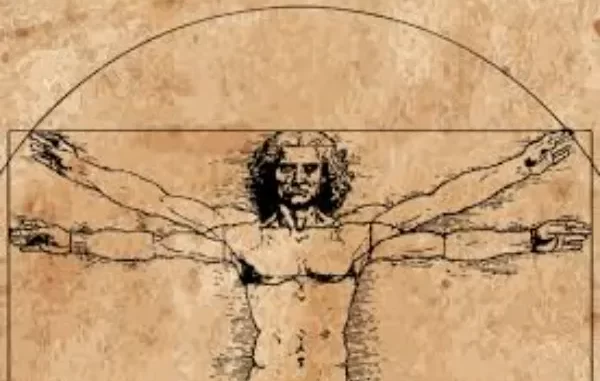
The Timeless Relevance of the Liberal Arts in a Rapidly Changing World
By Kyrt Smith Staff Writer
The timeless significance of a liberal arts education in an evolving world is undeniable. In today’s era, where technology and specialized knowledge take center stage, the enduring value of a rounded education becomes more apparent. While STEM subjects have gained prominence in recent times, it is important to recognize that liberal arts education plays a fundamental role in shaping individuals who possess not only expertise in their chosen fields but also critical thinking skills, effective communication abilities, and a commitment to social responsibility.
A Diverse and Dynamic Foundation
A liberal arts education covers a range of subjects, such as literature, philosophy, history, sociology, economics, political science, and the arts. This wide variety of disciplines gives students a base that promotes exploration, critical thinking, and creativity. While the valuable expertise acquired through STEM or vocational programs is undeniably important, liberal arts education provides individuals with a skill set. One that empowers them to navigate a changing world with flexibility and fortitude.
Critical Thinking and Problem-Solving

A major advantage of receiving a liberal arts education is the focus it places on thinking and problem solving. Students are encouraged to challenge assumptions, analyze problems, and construct supported arguments. These abilities extend beyond the boundaries of the classroom. Have applications in various aspects of life and career. In a world where problems are seldom straightforward, graduates with a liberal arts background stand out in their ability to identify solutions to complex challenges.
Effective Communication
A liberal arts education gives importance to the development of communication skills encompassing both written and spoken forms. Students are taught how to express their thoughts and ideas in a convincing manner through means like persuasive essays, stimulating presentations, and engaging discussions. Such a skillset holds value in today’s interconnected world, where collaboration, negotiation, and diplomacy play roles.
Cultural Competence and Global Awareness

In our interconnected world, it is crucial to have an understanding of various cultures and global challenges. Liberal arts programs frequently incorporate classes such as anthropology, sociology, and international studies, which help develop competency and a global perspective. Graduates from these programs are well prepared to engage in conversations across borders, promoting diplomacy and mutual understanding.
Flexibility and Lifelong Learning
The lasting value of a liberal arts education lies in its ability to foster adaptability. Individuals who graduate from programs are equipped to adjust and embrace new opportunities, skills, and industries as they progress in their professional journeys. This commitment to learning ensures that liberal arts alumni stay current and valuable in an evolving employment landscape.
Fostering Innovation and Entrepreneurship
Contrary to the belief that individuals with a liberal arts education are only suited for low-wage positions, many of them have actually become thriving entrepreneurs and innovative thinkers. Their capacity to think creatively and critically allows them to recognize opportunities and devise groundbreaking solutions, making contributions to the realms of business and technology.
A Well-Rounded Citizenry

Liberal arts education goes beyond achieving success; it aims to shape individuals into well-rounded citizens who understand their social responsibilities. Through instilling values like ethics, civic engagement, and a sense of duty in society, liberal arts programs nurture graduates who actively contribute to their communities and strive for change.
Adaptation in the Digital Age
The digital era has not made liberal arts education irrelevant; on the contrary, it has emphasized its significance. With automation and AI transforming industries, the centric abilities instilled by the liberal arts, such as empathy, ethics, and creativity, are becoming more and more crucial. It is essential to possess the capacity to comprehend and navigate the consequences of technology in order to guarantee that innovation serves society as a whole.
Conclusion: Liberal Arts
In a time characterized by transformations and specialized fields, a liberal arts education remains a priceless base for those who aspire to live fulfilling lives and have a positive impact on society. It provides students with the tools and viewpoints to navigate a more intricate world, nurturing their ability to think critically, communicate effectively, adapt to change, and embrace ethical responsibilities towards society. In a world that calls for expertise and versatility, the timeless significance of a liberal arts education cannot be doubted.






Leave a Reply